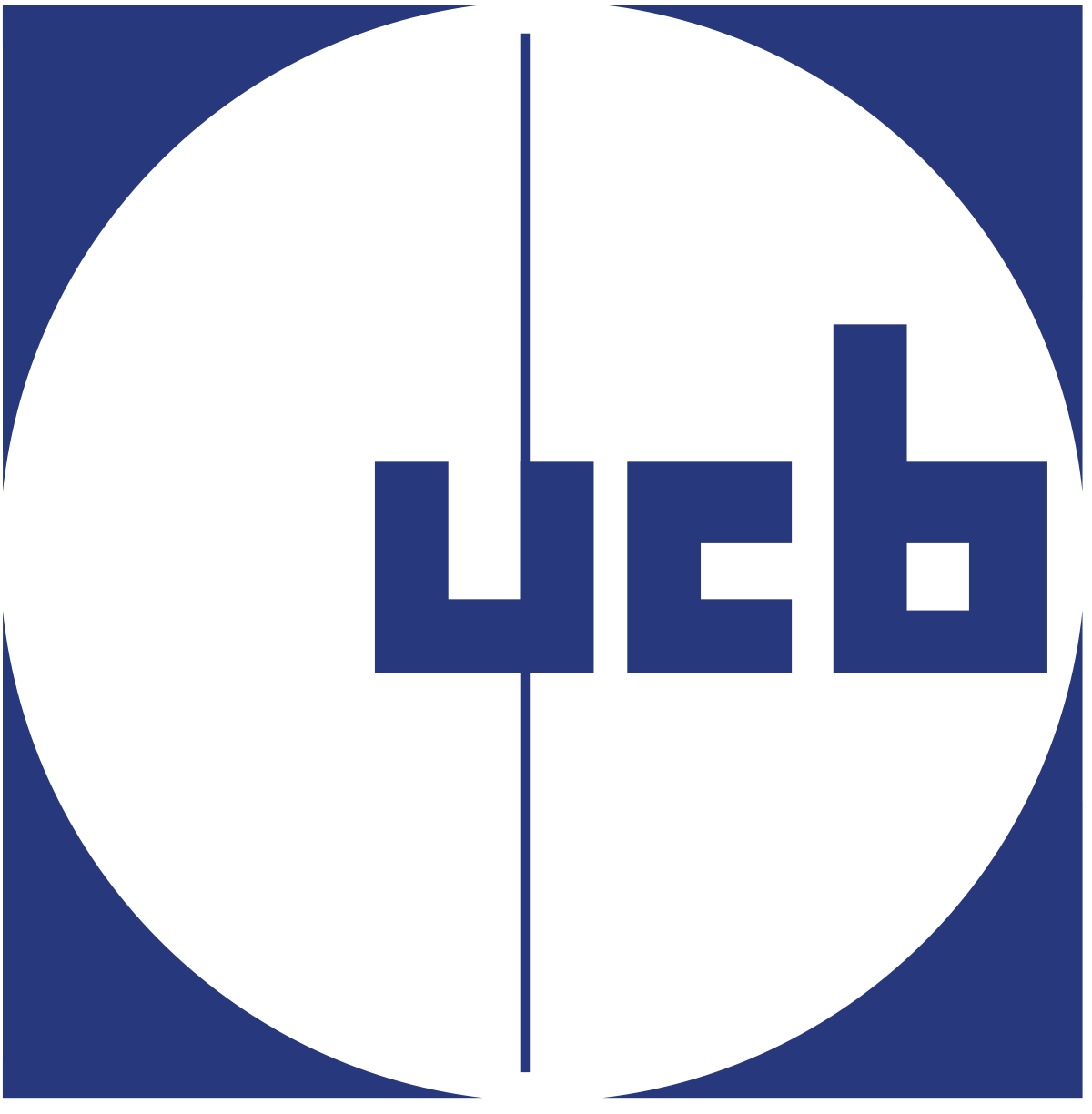Phase 3 Data Supports Bimekizumab Use for Moderate to Severe Plaque Psoriasis
Two studies demonstrated that the IL-17A and IL-17F inhibitor can lead to superior levels of skin of clearance in adult patients compared with ustekinumab or placebo. .

New data from 2 Phase 3 studies indicated that bimekizumab may be efficacious and safe in treating adults with moderate to severe plaque psoriasis.
Both studies—BE VIVID and BE READY—met their co-primary endpoints and demonstrated that the IL-17A and IL-17F inhibitor can lead to superior levels of skin of clearance at week 16 compared to those who received placebo or ustekinumab.
“The simultaneous publication of data from two bimekizumab Phase 3 studies in one of medicine’s most authoritative titles, The Lancet, speaks to the significance of these psoriasis studies,” said Emmanuel Caeymaex, Executive Vice President, Immunology Solutions and Head of US, UCB in a statement.
“We’re grateful to the patients and investigators who participated in the studies, and we’re committed to working with the regulatory agencies to bring bimekizumab to patients,” he continued.
BE VIVID
The randomized, double-blind, active comparator and placebo-controlled study was conducted across 105 sites in 11 countries.
Adults ≥18 years of age with moderate to severe plaque psoriasis (n = 567) were randomized 4:2:1 to bimekizumab 320 mg every 4 weeks; ustekinumab 45 mg or 90 mg at weeks 0 and 4, followed by every 12 weeks; or placebo every 4 weeks.
At week 16, patients receiving placebo were re-assigned to bimekizumab 320 mg every 4 weeks.
Thus, 85% of the patients who received bimekizumab had attained 90% improvement in the Psoriasis Area and Severity Index (PASI90)—compared with 50% of those in ustekinumab group (risk difference, 35 [95% CI, 27-43; P<.0001]) and 5% in the placebo group (risk difference, 80 [95% CI, 74-86; P<.0001]).
An Investigator's Global Assessment (IGA) response was reported in 84% in the bimekizumab group, 53% in the ustekinumab group (risk difference, 30 [95% CI, 22-39; P <.0001]), and 5% in the placebo group (risk difference, 79 [95% CI, 73-85; P<.0001).
Over the course of 52 weeks, serious treatment-emergent adverse events were reported in 6% in the bimekizumab group (n = 395) and 8% in the ustekinumab group.
BE READY
In this double-blind, placebo-controlled trial conducted at 77 sites in 9 countries, the investigators randomly assigned patients (n = 435) 4:1 to receive bimekizumab 320 mg or placebo every 4 weeks.
At week 16, 91% of bimekizumab-treated patients achieved PASI90, compared with just 1% of placebo-treated patients (risk difference, 89.8 [95% CI, 86.1-93.4; P<.0001).
Furthermore, 93% of patients who received bimekizumab achieved an IGA score of 0 or 1—versus 1% of patients who received placebo (risk difference, 91.5 [95% CI, 88.0-94.9; P<.0001]).
These responses were maintained through week 56—even in a subset of patients who were re-allocated post-week 16 to receive bimekizumab every 8 weeks.
Treatment-emergent adverse events up to week 16 were reported in 61% of patients on bimekizumab and 41% of patients on placebo.
Between weeks 16-56, treatment-emergent adverse events were reported in 74% of patients receiving bimekizumab every 4 weeks (n = 106), 77% of patients receiving bimekizumab every 8 weeks (n = 100), and 69% of patients receiving placebo.
Based on the findings from both studies, bimekizumab was considered well-tolerated with no unexpected safety findings.
Last September, UCB reported that the US Food and Drug Administration and European Medicines Agency (EMA) had accepted its Biologics License Application (BLA) and Marketing Authorization Applications (MAA) for bimekizumab for the treatment of moderate to severe plaque psoriasis in adults.